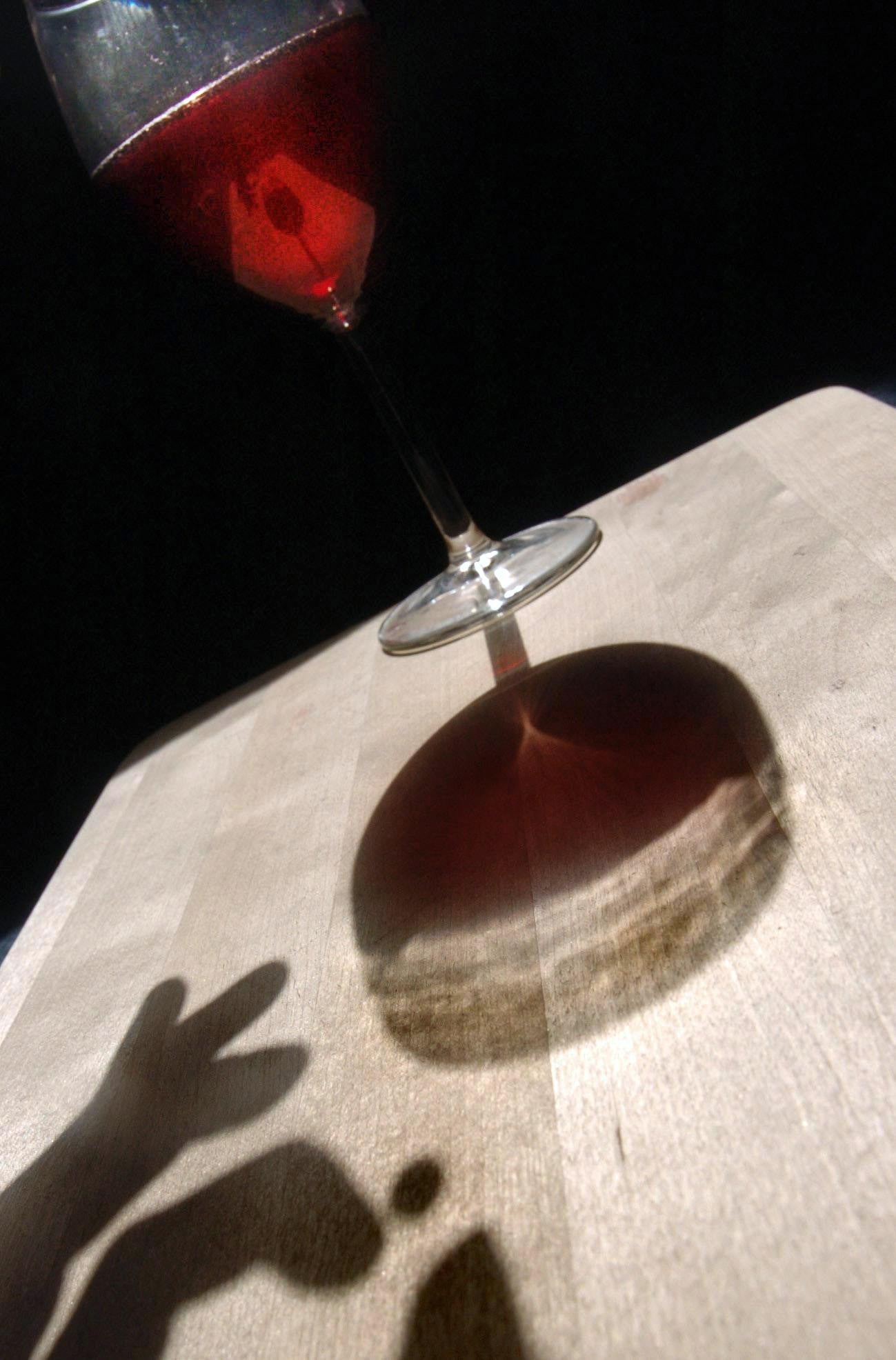Spiking victims tell MPs of ‘overwhelming shame’ after being drugged
Witnesses told the Commons Home Affairs Committee how they suffered memory blanks, lost control of their bodies and were ‘violently ill’.

Spiking victims have told MPs of the “overwhelming shame” they experienced after being drugged on nights out.
Two women and one man told the Commons Home Affairs Committee how they suffered memory blanks, lost control of their bodies and were “violently ill” after they were targeted in bars and clubs.
Hannah Stratton, from Newquay in Cornwall told of how her drink was drugged while she was having a few glasses of wine with two friends in a quiet bar.
The 51-year-old said she had to put her head on the bar table as she could not hold her upper body up and her legs felt like lead.
Her friends helped her into a taxi home, but she said the driver judged her for being drunk and she felt the whole experience was “degrading”.
Ms Stratton said: “You just feel so disgusted in yourself – and that may make sense to the other victims here.
“And it sounds really silly – a number of people that have said me: ‘No, no, no, don’t blame yourself, why are you feeling disgusted in yourself?’ But you do.
“It takes quite a while to actually switch that around and realise that actually, I’ve got no self-blame or I shouldn’t be blaming myself, but that’s why I didn’t report it.”
She said she has battled feelings of self-doubt over whether she had had drunk too much, but added: “I’m 51 years old. I’ve never behaved like that in my life, and I’m not going to behave like it after a couple of glasses of wine.”
Ms Stratton said she had educated her three daughters about the risks but had believed she was “far too old” for it to happen to her,
She said she put up a post online about her experience and was contacted by around a hundred people “of all ages and both sexes” who said it had happened to them.
The committee was holding its first evidence session into spiking on Wednesday.
Alexi Skitinis, from south Wales, said he was spiked while on a trip to Las Vegas in a nightclub with a colleague.
He lost control of his hands, to the extent that he could not make a fist, and ended up in hospital several days later with liver and kidney problems.
Mr Skitinis said he did not report the “traumatic” experience to anyone except his family.
He said: “For me, it took away the enjoyment of going out with friends, or planning anything with friends – to be honest with you I didn’t touch alcohol for nearly two years afterwards.”
He added: “I know the majority of spikes are (carried out on) females, but anyone could be spiked at any time and any place.”
Both witnesses suggested an anonymous online reporting system could have helped them feel comfortable enough to come forward and report their experiences to provide police with figures to show its prevalence.
University of Nottingham student Zara Owen said she lost her memory after being spiked on a night out and woke up in “horror”.
She had “agonising pain” in her leg and upon inspection found a pin prick mark, adding that “the fact that someone has injected a narcotic into my body without me being aware is terrifying”.
Ms Owen reported the incident to the police, adding: “As the way I got spiked wasn’t as common, still isn’t as common as the spiking you hear about where it’s a drug in a drink, I felt I had to, and spread the word out, and tell this, because without doing so, who knows how escalated this could have been? And there could be more cases.”
She that she believes the “sadistic” crime can be committed for “humour”.
Ms Stratton said she believes she was drugged “for fun” because the perpetrator would have known there was no way a group of middle-aged women would leave one of their friends alone to be exploited while so vulnerable.
She added: “My daughter, who is in her 20s, will say that now the conversation seems to be not, ‘Has anybody been drugged this weekend?’
“It’s, ‘Who has been trapped this weekend?’
“It’s so commonplace.
“And within their circles, they believe that it’s primarily done for fun, just for the power and control of being able to see somebody so uncomfortable.”
Helena Conibear, chief executive of the Alcohol Education Trust, said surveys suggest between 11% and 15% of females and 6% to 7% of males have been spiked.
The organisation’s own research has found that it also occurs in less obvious places than clubs and bars, such as in fast food outlets and cafes, with the largest proportion occurring at private parties.
She said: “It can be any drink, in pretty much any location, and it can happen to any person… We can all be victims.”
People can be reluctant to report spiking, she said, adding: “The shame and social embarrassment came up very, very strongly.
“Memory loss, blanks and not really being able to remember what happened and that trauma leading to a time lag before they’re prepared to report to anybody, is also a huge barrier.”
Dawn Dines, chief executive of the group Stamp Out Spiking, told MPs it is not just alcoholic drinks that get spiked.
She gave an example of a 13-year-old girl who died after drinking from a Lucozade bottle that had been laced with MDMA.
Bookmark popover
Removed from bookmarks